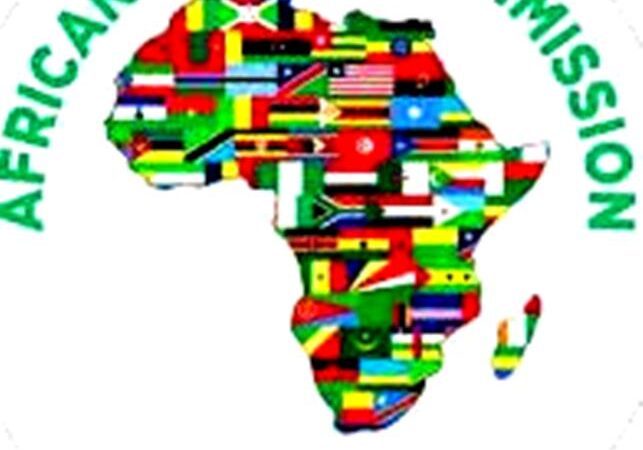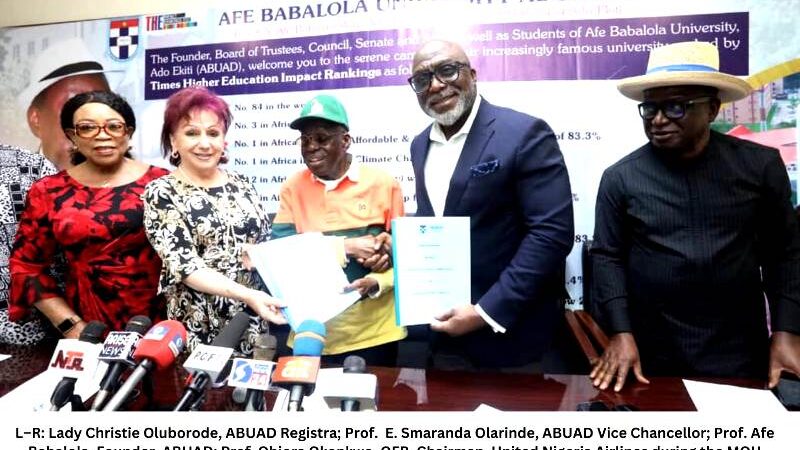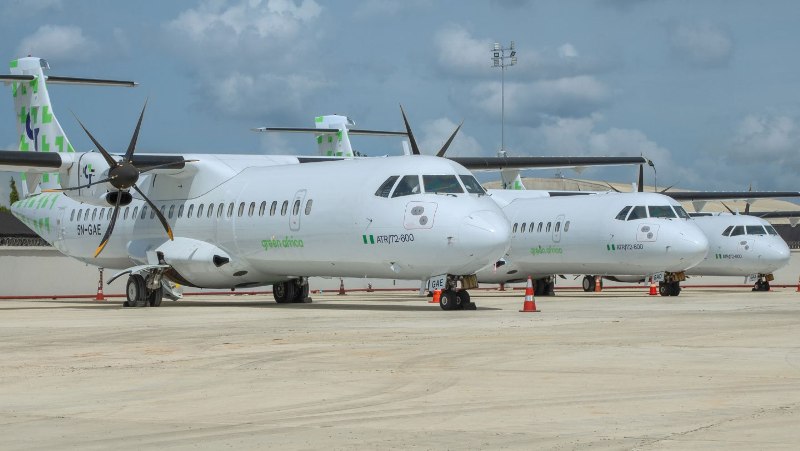NCAT Rector Advocates Industry Recovery Plan, Updated Training Curriculum

The Rector/Chief Executive of the Nigerian College of Aviation Technology (NCAT), Zaria, Capt. Alkali Mahmud Modibbo has called for a well-orchestrated recovery plan for Nigeria’s aviation industry as a means of repositioning the sector for a speedy growth in changing times, amidst dwindling passengers, due to the COVID-19 pandemic.
Speaking at the 25th Annual Conference of the League of Airport and Aviation Correspondences (LAAC) held at Sheraton Hotel, Ikeja, Lagos under the theme. Aviation Industry In Nigeria: Management, Policy & Regulation, Modibbo said “the aviation industry will require a well-orchestrated recovery plan supported by the government and external agencies to overcome its current challenges. I believe it is time for the continued financial support for the industry through direct cash injections, provision of credits, offer of deferrals and discounts on charges and most especially concessions. Governments and donor institutions should provide the funds to ensure the survival and the business continuity of key stakeholders of the aviation industry as recommended by the African Aviation Industry Group (AAIG) in 2020.
Without sounding very conservative, the federal government via the ministry of aviation has been investing in standardizing infrastructure across the various airports before even thinking of privatization, partnership or concession. Aviation operational adequacy and efficiency will go a long way in boosting air travel, which is still the preferred and most safe option of mobility that has enormous impact on economic development in any nation, especially where the other options like speed rails are under-developed.”
He equally advocated the upgrade of aviation curriculum saying: “For us in the training sector, we have to upgrade our curriculum in tune with the current situation of heightened operations, security, sanitation and most importantly, the digital transformation of the industry. We need to look deeply into the changes which the aviation value chain is undergoing to enable us design the training requirements that will critically produce the workforce a post-pandemic aviation industry will require.”






